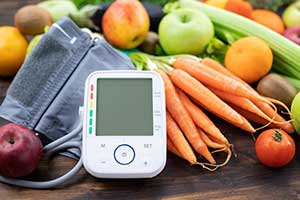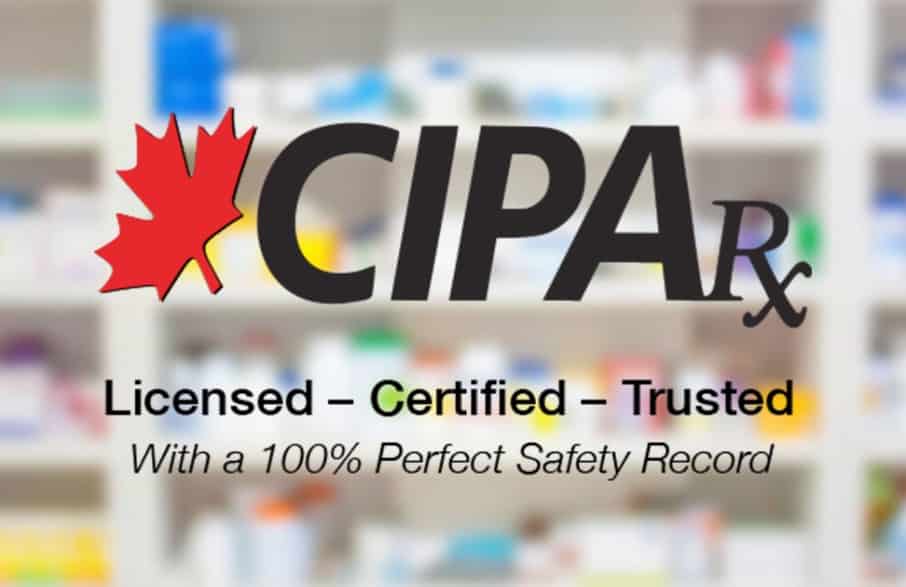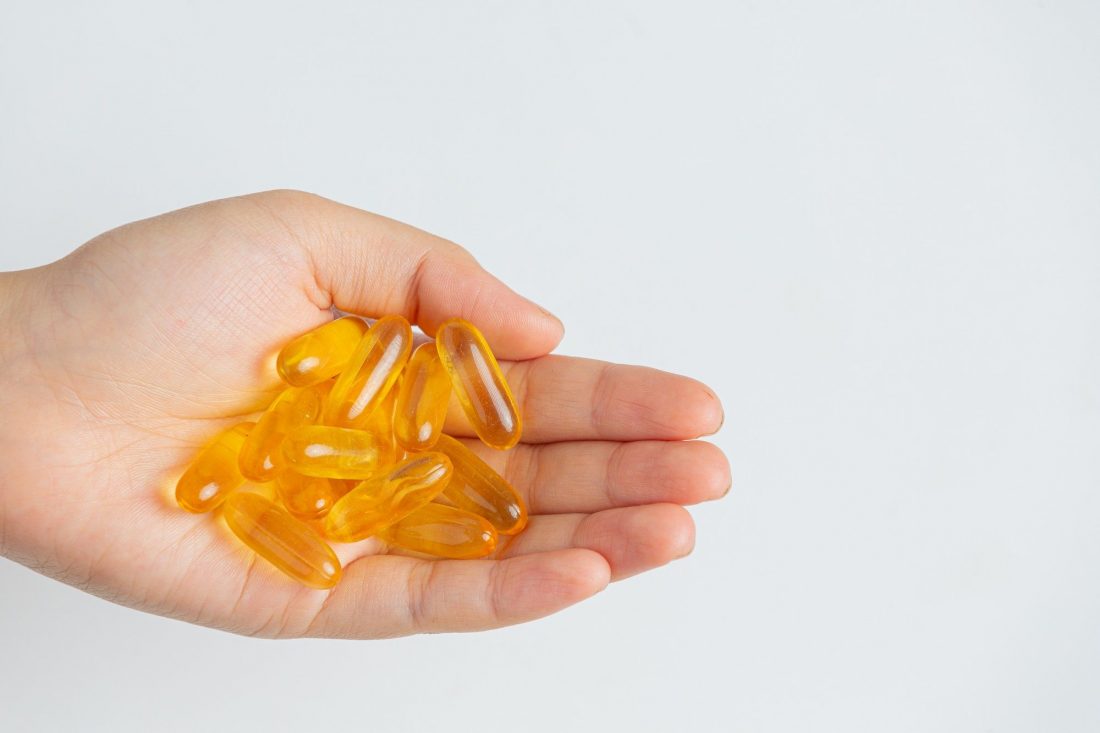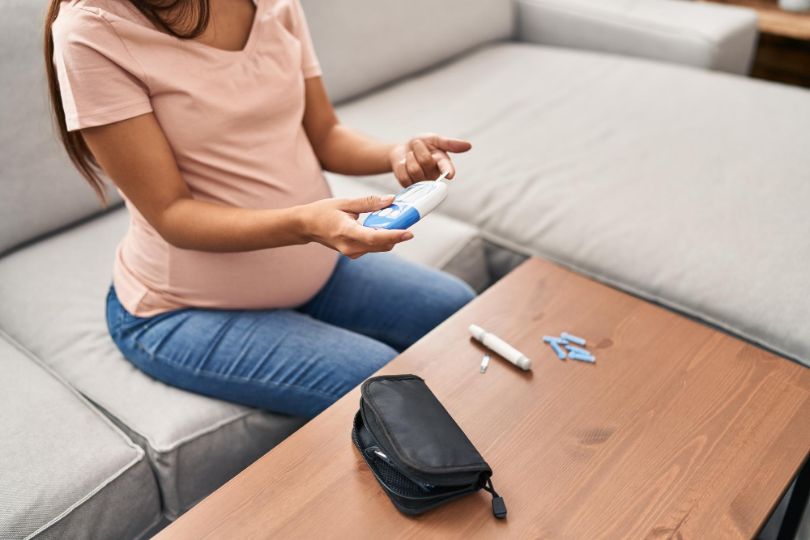High blood pressure for too long it can lead to heart attacks, strokes and aneurysms. Though it is best to take steps to prevent high blood pressure in the first place, there are certain foods that you can eat to reduce your blood pressure if you think it may be getting to high.
Affordable Foods That Naturally Lower Blood Pressure
Spinach
It seems on almost all “top foods to eat for ______” lists include spinach. They have good reason too! Spinach does wonderful things for the body. Spinach contains magnesium which protects the heart from disease and is known to lower blood pressure. Additionally, spinach will help protect against things like strokes and heart attacks.
Bananas
Bananas offer a quick boost of energy and a lot more. Along with being rich in potassium and a high fiber content, which help prevent cardiovascular disease, a banana a day is said to fight high blood pressure.
Dark Chocolate
That’s right, chocolate! The flavonoids found in dark chocolate are known to lower blood pressure by stimulating nitric oxide production. Nitric oxide tells the muscle around blood vessels to relax, promoting an increase in blood flow and a decrease in blood pressure. Also dark chocolate is know to reduce the levels of bad cholesterol, and even just a small amount of chocolate is needed for the health benefits.
Unsweetened yogurt
Unsweetened yogurt is a nutritious food that is low in fat and calories, and high in protein, calcium, and other important nutrients. Research studies have shown that consuming unsweetened yogurt as part of a healthy diet may help to lower blood pressure.
One study published in the American Journal of Hypertension found that consuming low-fat dairy products, including yogurt, was associated with a reduction in blood pressure. Another study published in the journal Nutrition, Metabolism and Cardiovascular Diseases found that consuming low-fat yogurt was associated with a decrease in systolic blood pressure, which is the top number in a blood pressure reading.
Berries
Berries, such as blueberries, strawberries, and raspberries, are a natural food that may help to lower blood pressure. Berries contain flavonoids, which are a type of antioxidant that have been shown to have a positive effect on blood pressure. A study published in the Journal of the Academy of Nutrition and Dietetics found that consuming blueberries for eight weeks was associated with a decrease in both systolic and diastolic blood pressure. Another study in the American Journal of Clinical Nutrition found that consuming strawberries may improve the ability of the blood vessels to dilate, which can help to lower blood pressure. Additionally, berries are low in calories and high in fiber, which can help to maintain a healthy weight and reduce the risk of hypertension.

High Blood Pressure Signs
There are high blood pressure signs you should be aware of, regardless of if you are taking birth control pills or not. However, for most high blood pressure sufferers, recognizing signs can be easier said than done. The reason is because high blood pressure generally has no symptoms since the basic warning signs associated with it are extremely vague. Nevertheless, the following are the basic high blood pressure warning signs you should be aware of:
- Headaches
- Dizziness
- Nosebleeds
- Flushed face.
- Fatigue.
As you can see, from the above list of signs, it is easy for someone to ignore or mistaken these symptoms as another problem. This is why high blood pressure is commonly known as “the silent killer”, because for those who don’t receive regular blood pressure checkups, it usually isn’t until one experiences the more extreme symptoms that he/she seeks medical attention.
The following high blood pressure signs occur if high blood pressure (blood pressure is equal to or greater than 140/90 mmHg.) has been persistent, severe and left untreated for a long time.
Common High Blood Pressure Signs
The symptoms are usually the result of damage that has been done to the brain, eyes, kidney, and heart. They include:
- Severe unexplained headache
- Fatigue
- Restlessness
- Nausea
- Vomiting
- Shortness of breath
- Blurred vision
- Chest pain or shortness of breath after slight exertion
Extreme Blood Pressure Signs
More extreme signs include:
- Eye damage and loss of vision
- Organ failure – kidneys and/or heart fail
- Heart attack
- Stroke or a transient ischemic attack (better known as a mini-stroke)
- Aneurysm
- Peripheral arterial disease
- Brain swelling – this is rare but can cause drowsiness and coma.
Note: if you are experiencing any of the above extreme signs visit your hospital emergency department immediately.
How can high blood pressure be treated?
First of all, regardless if you have high blood pressure signs or not, always have your blood pressure checked annually, and inform you doctor if you have a family history of hypertension, kidney failure, heart attack or stroke, as this increases your risk.
That being said, high blood pressure can be managed thorough lifestyle changes, but depending on the severity of the condition, some individuals may benefit from a combination of lifestyle changes and medical treatment.
Lifestyle changes
Food
Limit and eliminate food products that encourage high blood pressure including, table salt, cooking salt, salty and processed foods, foods high in saturated fat, sugary foods and drinks, caffeine, and alcohol.
Quit smoking
Nicotine in cigarettes causes the blood vessels to constrict, and increases blood pressure.
Exercise
Physical activity actually works to reduce blood pressure while inactivity increases blood pressure. Exercise is a great way to keep your body healthy and strong, and is a fantastic way to lose and maintain a good weight.
Lose weight
If you are exceptionally overweight or obese you are putting excess pressure on your heart. You must reduce your weight by incorporating regular exercise and healthy eating habits in your lifestyle. Avoid crash diets as these can only make your condition worse.
Medication
If your doctor feels you require medication to help control your high blood pressure signs, you may be prescribed medication to help relieve the stress that is being placed on your heart, organs and blood vessels including: diuretics (water pills), beta-blockers, calcium channel blockers, angiotensin receptor blockers (ARBs), angiotensin–converting enzyme(ACE) inhibitors, Alpha–blockers, etc.
Remember although medications can help, lifestyle changes are essential for controlling high blood pressure.
It is vital that you realize high blood pressure can go undetected for years and cause no symptoms while still damaging the blood vessels, heart, and other organs. Therefore, if you suspect you have high blood pressure signs, are unsure if you do, or even if you don’t, always visit your health care provider annually to have your blood pressure checked.
Monitoring your blood pressure, and taking action to control it when it’s high, is the only way you can protect yourself from the silent killer.







